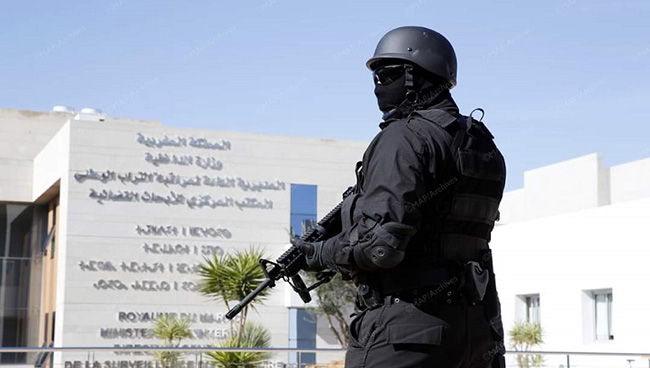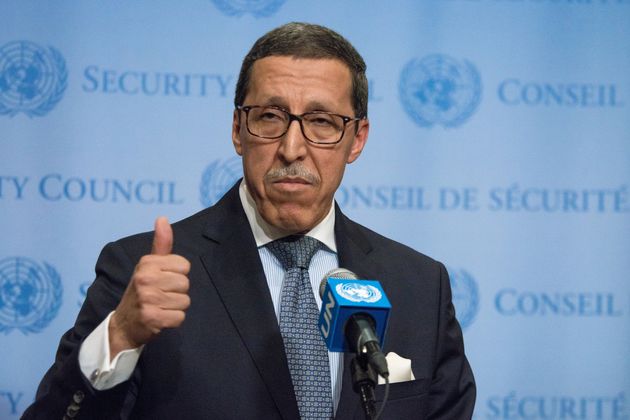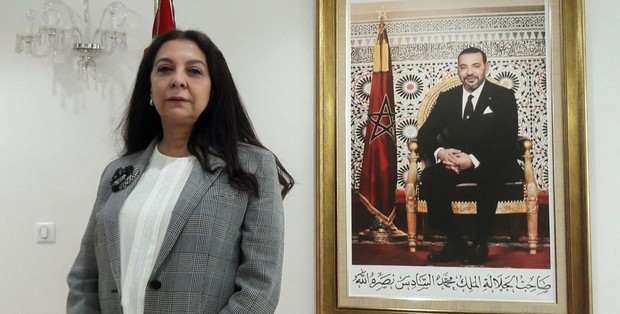Gjamoula Boussif, President of the Sahara Observatory for Economic and Social Development in the Dakhla Oued Eddahab region (Moroccan Sahara), has expressed her regret over the situation of women detained in the Tindouf camps in southern Algeria, describing the conditions as catastrophic within what she calls "prisons," where they lack the most basic human rights.
In an exclusive statement to Assahifa on the sidelines of the 56th session of the Human Rights Council held in Geneva, Switzerland, the politician and social activist stated that she and many activists are currently at the United Nations headquarters to defend and demand the freedom of these detained women. She affirmed, "All we are asking for is the release of these women, as it is certain that upon gaining their freedom, they will rush to join their motherland, which is forgiving and merciful. Morocco will embrace them and grant them their usurped rights."
Boussif praised the active role played by Sahrawi women in Morocco's overall development and their contribution to the country’s social and diplomatic progress. She noted that Sahrawi women have transitioned from traditional roles to becoming successful professionals and politicians, holding very important positions within the state.
In her remarks, the Observatory President emphasized that this progress is evident in the trust placed in Sahrawi women, who now top electoral lists and garner significant votes. Their success is also reflected in their leadership of regional councils in the southern provinces of Morocco, their strong presence in both chambers of parliament, their membership in all councils, their representation of the country in international forums, and their active participation in diplomacy and staunch defense of national issues.
Regarding Morocco's presidency of the 56th session of the United Nations Human Rights Council, Gjamoumla explained that this is not new but a result of the cumulative work and efforts of the state within its official and parallel diplomacy under the leadership of King Mohammed VI. She stressed that this is only the beginning of Morocco's leadership and presence within international institutions.
Boussif confirmed that the country bears the burden of defending its just causes and consolidating efforts to protect Morocco's interests and to be among the leading and advanced nations in the democratic, economic, political, and cultural spheres.
Two days ago, Gjmaoula Boussif chaired, along with several experts, an international discussion on the sidelines of the Human Rights Council, addressing the rights of African women in general and Sahrawi women in particular, as well as the plight of oppressed children in the Tindouf camps in southern Algeria.






